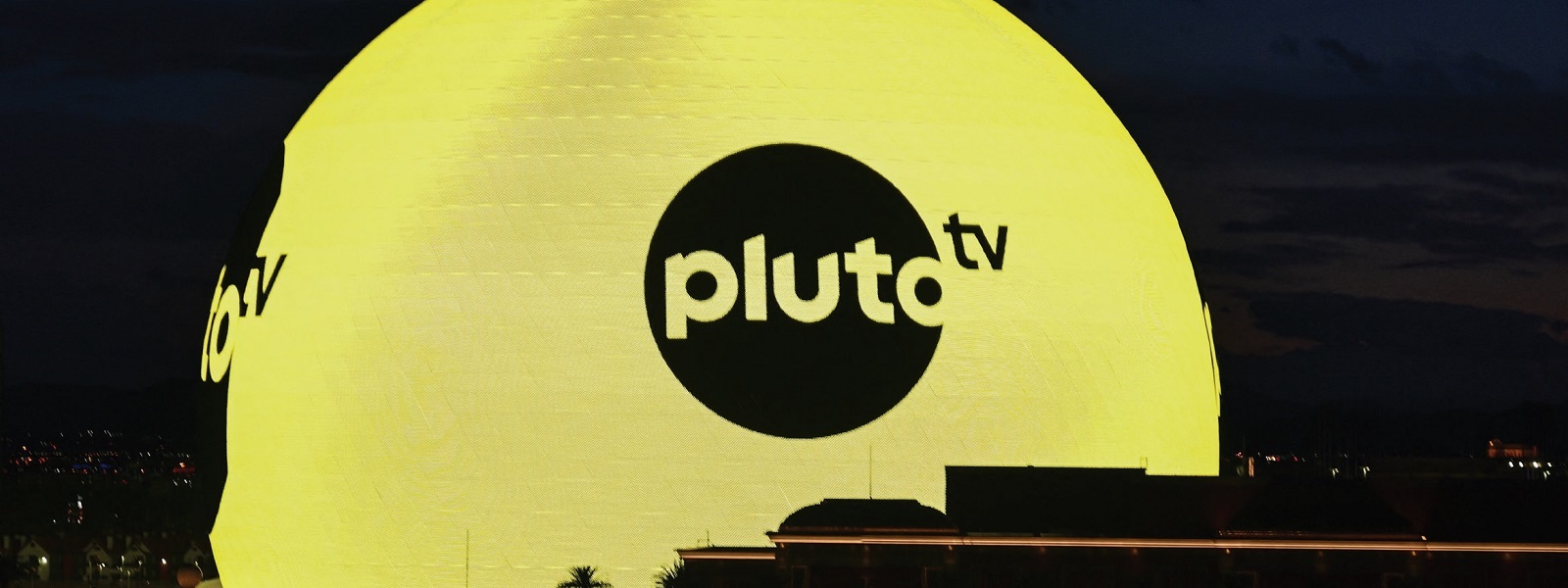FAST Talk: A Step Toward Increasing Revenue and Viewer Engagement
Free, ad-supported television brings more opportunities for advertisers and content providers

The age of streaming the opportunity for different viewing habits for many. Entire seasons could be “binged” whenever you had the time to spare and didn’t mind being tethered to the couch for eight or more episodes. It seemed that the days of channel surfing to find something to watch was replaced by scrolling through various listings of movies and TV shows. It also meant that it was hard to just catch a few minutes of TV as it required a greater commitment.
The arrival of FAST — free, ad-supported television — which is essentially a mix between the worlds of cable TV and subscription-based streaming — has slowly become a billion-dollar industry that offers yet another way to consume TV.
“[FAST] is essentially offering what you watch when you don’t know what you want to watch,” said Adam Wiener, founder of streaming and digital media consultancy firm Continuous Media.
“This isn’t appointment viewing, but it is what you have on when you are doing other things,” he said. Wiener is moderating today’s Streaming Summit session “The Business of FAST: Ad Dollars, Viewer Measurement and Content Saturation.”
The session will explore how FAST services have become important to SVOD players searching for new distribution platforms and revenue streams and an opportunity to engage audiences on alternative platforms with different viewership behaviors.
It would be safe to say that these are still the early days for FAST, but the industry can expect changes to come quickly. These trends will be the focus of tomorrow’s CORE Education Collection session “The Future of FAST: Lessons Learned and What’s Next.” The session will be moderated by Alan Wolk, co-founder and lead analyst at TVREV.
“First, it is important to note that there are three kinds of FAST,” said Wolk, who coined the term to distinguish the evolving services from traditional subscription-based services such as Hulu.
Get the TV Tech Newsletter
The professional video industry's #1 source for news, trends and product and tech information. Sign up below.
“We see the ones that are associated with device manufacturers, and those are front and center to allow those companies to sell advertisements and offer a new revenue stream. Then there are the services like Pluto TV and Tubi, which are associated with larger media companies,” he said. “Finally, we have the smaller independent services, like Crackle, that cater to a specific audience.”
All of these services are likely to continue to have similarity to cable TV, especially to its early days. “One difference is that FAST doesn’t get carriage fees, but the user experience is fairly similar and will likely continue to be similar,” Wolk added.
FAST may seem a lot like cable TV, but it likely won’t replace cable. In fact, as Wolk noted, certainly around 60 percent of consumers still have streaming and cable. Thus, the cord-cutting has been only cut so far. At the same time, however, consumers are finding that they are at the end of the tether on what they’re willing to pay.
For traditional streaming, that has resulted in increased churn. That will present greater opportunities for FAST, and in turn more opportunities for advertisers and content providers alike.
“Where FAST is different from cable is that the ad breaks are smaller than what you had on traditional TV, but at the same time the ads are better targeted. That may not always be the reality, but we’re already seeing it getting a lot better,” said Wolk.
It is also likely that the industry can expect some consolidation, even as there may be an increase in the number of FAST channels, as the number of services that can survive and carve out a niche could see a decline.
“We’re facing too many channels, and it has become overwhelming. As a result, the platforms are becoming more selective in what they are going to show,” said Weiner. “More importantly, the newer channels will need to show they will have an audience.”
That might sound familiar, and it should. The result could be the same as well.
“We’ve seen the larger platforms buying up these FAST services,” said Weiner, “which essentially can be used to funnel viewers to the paid subscription areas.”
Tech giant Microsoft is at NAB Show to introduce its Beat the BUZZR®: Interactive Monetization Transforming Entertainment with Microsoft & NVIDIA, which it has described as a revolutionary solution that could transform TV viewing into an interactive, competitive experience.
Powered by Microsoft and NVIDIA’s AI, it offers personalized content, engages fans and opens new monetization channels. “Beat the BUZZR®” revolutionizes interactive TV by blending Fremantle’s classic game show gems from the BUZZR network with cutting-edge technology powered by Microsoft and NVIDIA. This innovative solution transforms passive viewing into a rich, leaned-in experience, inviting viewers to engage with quizzes, trivia and more, while also opening new monetization avenues for content creators and advertisers.
NAB Show attendees can see this technology in the Capitalize Community Zone in the West Hall.
KEY TAKAWAYS:
- A lot of what is on FAST is library content rather than new high-profile content.
- FAST services increasingly have
- FAST channels that bridge the gap between linear cable and streaming.
- FAST could be a way for the larger paid platforms to funnel viewers to those paid services.
LEARN MORE
Media execs know that Free Ad-Supported Streaming TV is a revenue generator — until they don’t. There’s a lot going on under the hood of linearly scheduled, advertising-funded, streamed channels. If you want to understand how to make the most of the opportunity, then a new report from CRG Global, in partnership with NAB Amplify, is your ticket to the inside track.
This comprehensive report, “A Beginner’s Guide to FAST,” will be presented by Gavin Bridge, CRG vice president of Media Research, during the session “The Opportunities and Challenges of Free Ad-Supported Streaming TV (FAST).” The panel will also discuss the role and responsibility of platforms and publishers in delivering value to viewers and advertisers, and in fostering a healthy and diverse FAST ecosystem.
Along with Bridge, panelists include Bethany Atchison, Vevo; Michael Hyon Johnson, Electric Entertainment; and Michael Senzon, Allen Media Group. The session will take place Tuesday, 10:45 a.m. in the Capitalize Zone Theater (W2149).
Copyright 2024 NAB.
